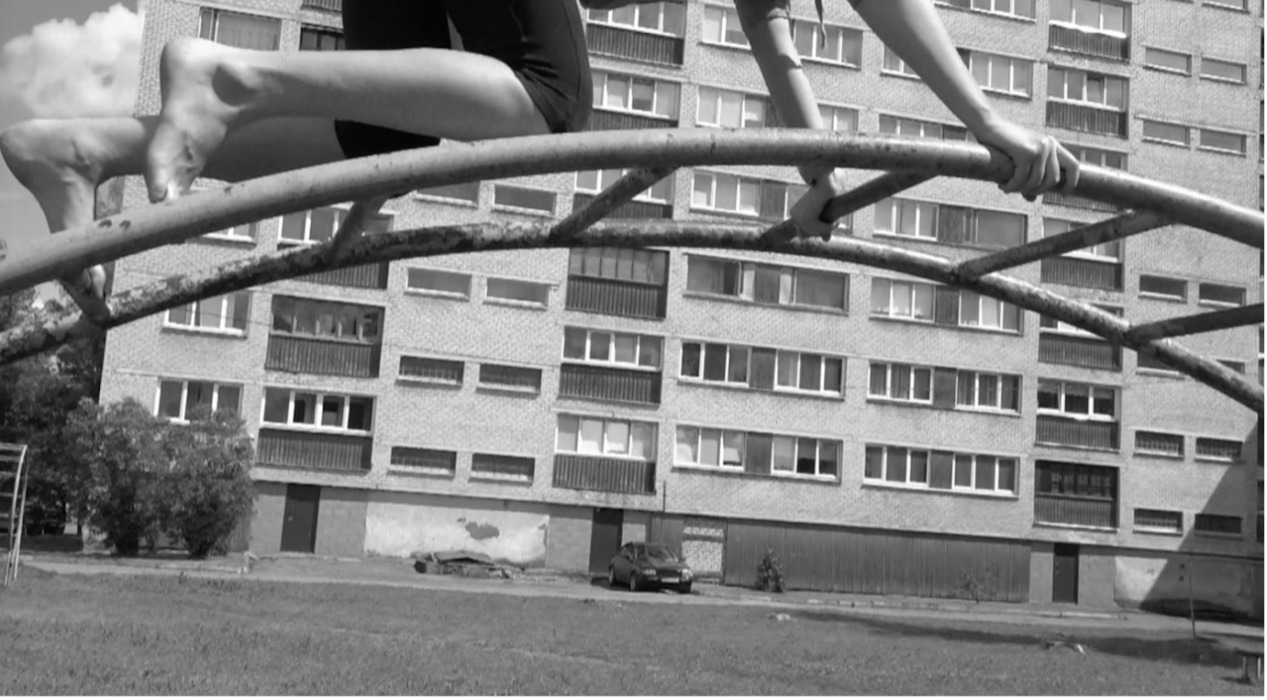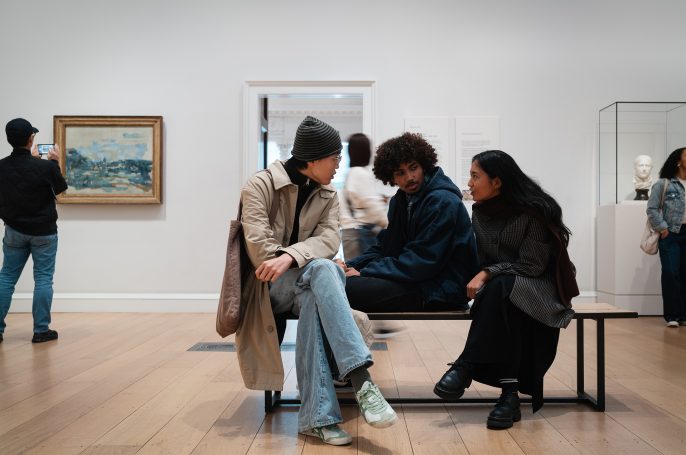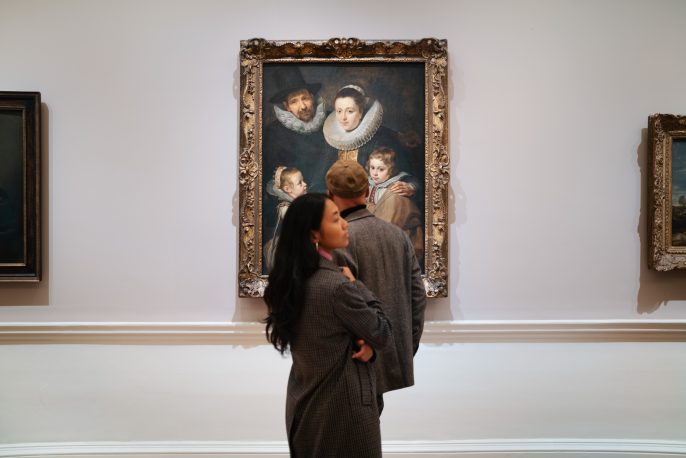Eleonore de Montesquiou is a French-Estonian artist. Her work revolves around the articulation between private and official histories, personal and national identities. It tackles the intricacies and ambiguities of living in the margins, based on her personal experience of uprootedness. Eleonore is primarily working with film. She tapes testimonies. In her documentary-informed works, her camera becomes the voice of voiceless people. Her work is based on a documentary approach, translated in films, drawings and texts; it deals mainly with the search for freedom, issues of integration/immigration/meaning of the nation in Estonia, giving voice to the Russian community. Since 2007, she has been filming women living on the Estonian-Russian border town of Narva: Na Grane. In 2016, she started working with asylum seekers from French-speaking countries in Estonia: Hope is no home, while pursuing a long-term film project in France with peasants in the Haute-Alpes: Traverses.
Klara Kemp-Welch is Professor of Modern and Contemporary art at The Courtauld, specialising in Eastern European art and international relations. She is the author of two monographs: Networking the Bloc: Experimental Art in Eastern Europe, 1965-1981 (MIT Press, 2019) and Antipolitics in Central European Art. Reticence as Dissidence under Post-Totalitarian Rule (IB Tauris, 2014; Bloomsbury, 2017) and is currently researching documentary and video-based practices and questions of labour migration, minority experiences, human rights and border politics, completing a monograph entitled Free Movement? Migration and Mobility in Eastern Europe through the Lens of Contemporary Art.
Organised by Professor Klara Kemp-Welch, as part of the research cluster Migrations: People, Politics, Objects.






